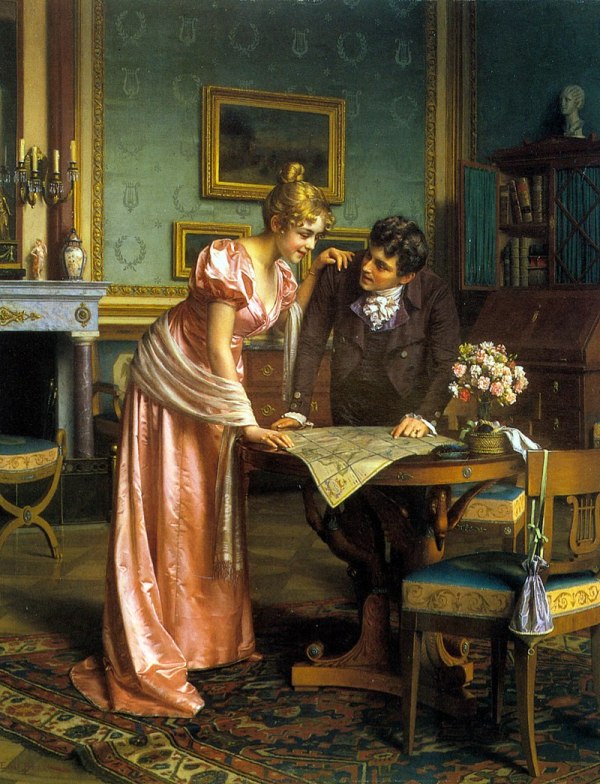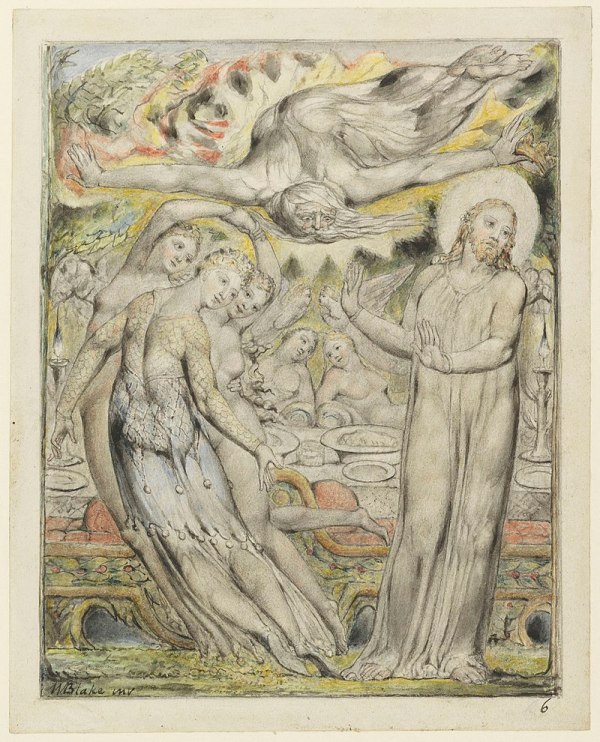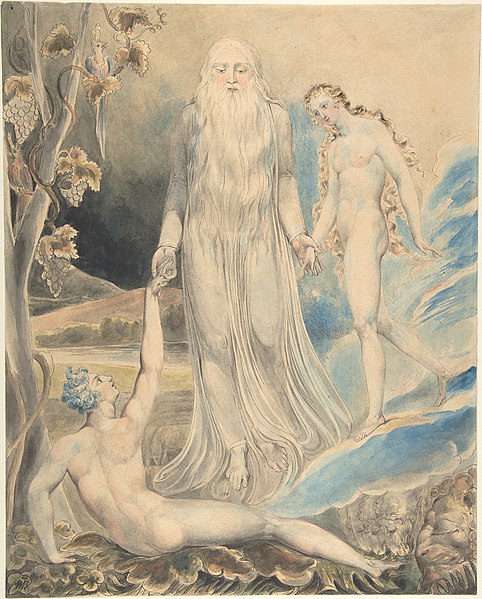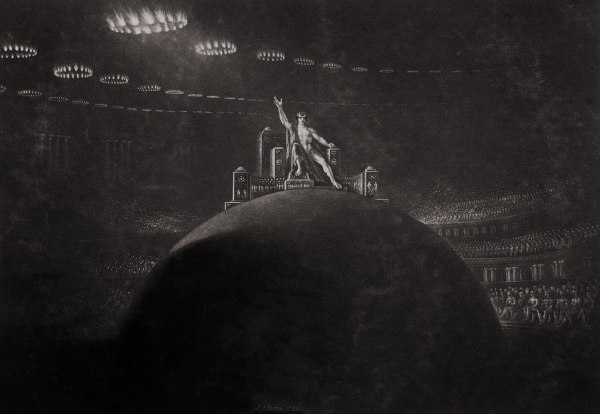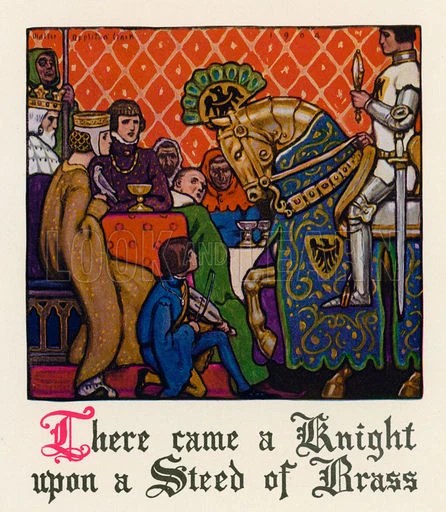The English novels Emma, Jane Eyre and Middlemarch are all among the most famous of the 1800s and feature romances between main characters which are important for the story. Emma Woodhouse falls in love with George Knightley, Jane Eyre with Edward Rochester, and Dorothea Brooke with Edward Casaubon and then Will Ladislaw. These novels explore... Continue Reading →
Jane Eyre as Mr. Rochester’s Liberator
The novel Jane Eyre is a Victorian Gothic bildungsroman that explores the early life of the eponymous character. At eighteen Jane is hired by Mr. Rochester as a governess at Thornfield Hall. This essay will argue that Jane’s innocent, independent personality liberates Mr. Rochester from his mental enslavement at Thornfield Hall. Jane provides a glimpse... Continue Reading →
Emma’s Journey to Individual Maturity & Love
The novel Emma by Jane Austen explores the life of the eponymous young woman in the village of Highbury. Emma Woodhouse is 21 years old and respected in her community, but also inexperienced in the world. She is close to Mr. George Knightley, a family friend, whose younger brother is married to Emma’s older sister... Continue Reading →
Jesus’ Wilderness as an antithesis to Eden
In John Milton’s Paradise Regained, Milton chooses the rather unexpected moment of Jesus’ retreat into the wilderness for Jesus’ greatest triumph: the regaining of Paradise. He portrays it as the antithesis to Adam and Eve’s temptation in Eden, and it is in this moment that Jesus is tempted with everything by Satan to take the... Continue Reading →
Eve’s Argument for Free Will & Reason in Paradise Lost
In Book 9 of Paradise Lost, Adam and Eve argue on whether to split up their work. Adam fears that Eve will be easily tempted if she leaves him. Eve argues that Adam needs to trust her and that untested faith and love is weak, echoing God’s and Milton’s beliefs on the importance of free... Continue Reading →
Satan’s False Opposition to Tyranny in Paradise Lost
In John Milton’s Paradise Lost, the semblance of hell, Satan and his fellow demons is often radically different from their substance. One strong example of this is in hell’s freedom. Satan claims that hell is a democratic form of government, but this is proven not to be the case through Satan’s tyrannical rule and his... Continue Reading →
Comparing and Contrasting Melancholy in Cavendish and Milton
In both John Milton’s Il Penseroso and Margaret Cavendish’s A Dialogue between Melancholy and Mirth, Melancholy is a mature intellectual pursuit imparting knowledge and virtue since the poets draw on its complex and multifaceted nature. But while Cavendish’s description of melancholic thoughts and actions is very generalized, Milton’s is more specific. This may be because... Continue Reading →
The Spots of the Dreamer in “Pearl”
In Part 16 of the Pearl poem, the Dreamer asks the Pearl-Maiden to show him the way to Jerusalem, but the Pearl-Maiden tells him the difference between the worldly and heavenly Jerusalems. This section is about the spots of man which keep him trapped in the worldly Jerusalem away from the heavenly one, and the... Continue Reading →
The Squire’s Tale as a Representation of His Character & Ideals
In Geoffrey Chaucer’s The Canterbury Tales, the Squire is one of the characters who gets to tell a tale. His tale is an interlaced romance, a common form in the Middle Ages which was very long. The exotic and fantastical setting of the Squire’s Tale reflects his ambition, talents and imagination, and while he does... Continue Reading →
Marilla’s Journey of Letting Go
Anne of Green Gables is a 1908 novel written by Lucy Maud Montgomery which explores the coming of age of a girl named Anne Shirley in the town of Avonlea. While Anne’s imaginary adventures make the book resonate with children, it is Marilla’s struggles that adults identify with. In the beginning of the novel Marilla... Continue Reading →
